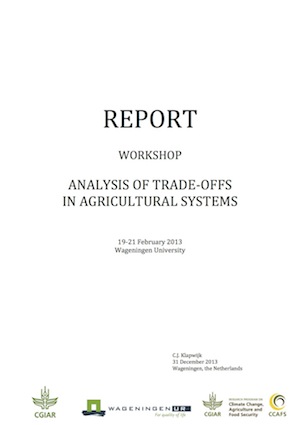Pakistan's Investment Climate : Laying the Foundation for Growth, Volume 2. Annexes
Pakistan has faced a seismic shift in
its global and domestic economic landscape which until
recently limited policy options to address investment
climate concerns. External shocks, internal policy inaction
and political turmoil placed the country in a precarious
economic condition, calling on the authorities to take a
hard look at the policy choices ahead. Macroeconomic
instability resulting in inflation, exchange rate







